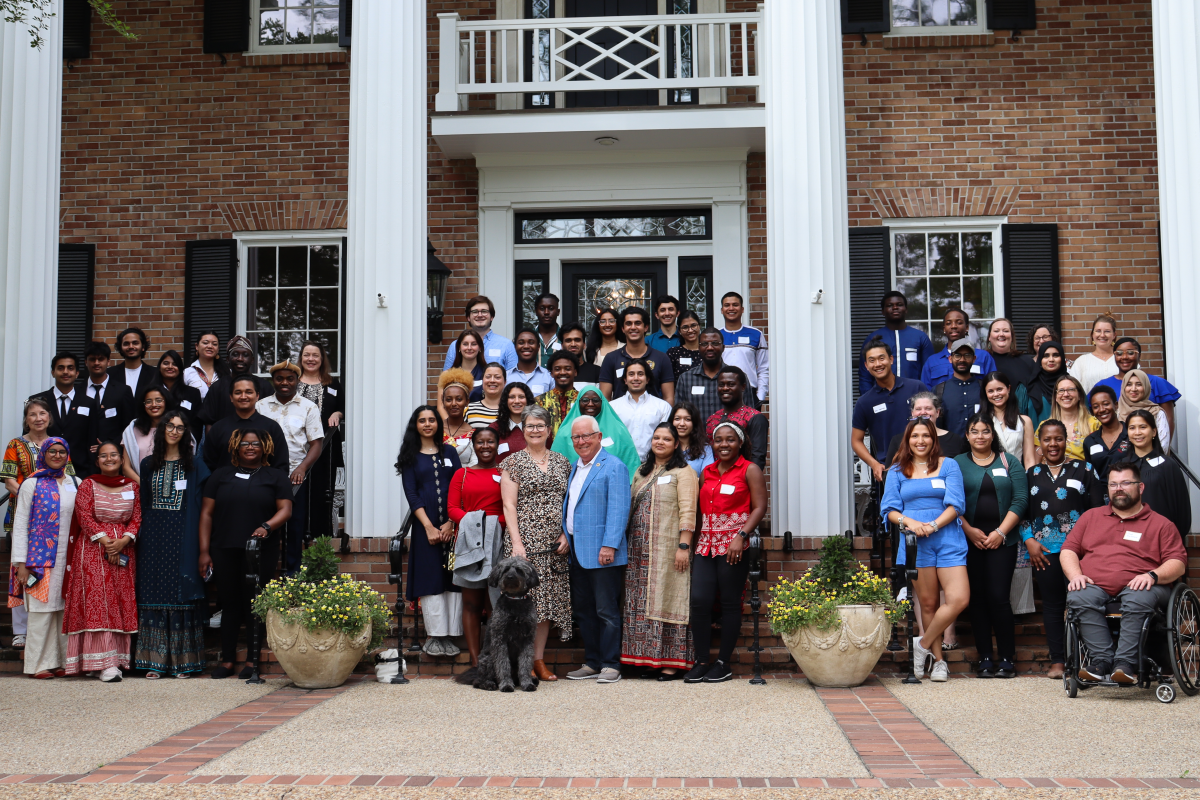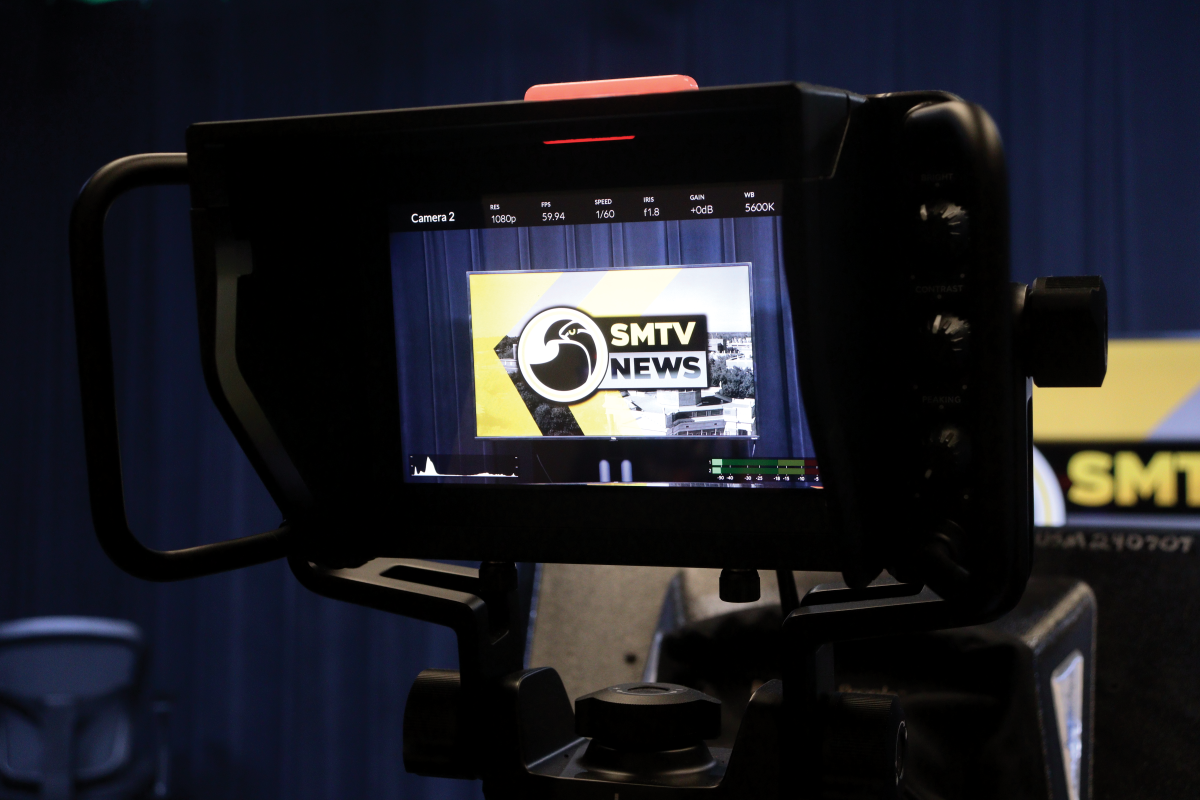The Department of Philosophy and Religion hosted its final Philosophical Friday event of the semester April 4, “What Can Philosophy Learn from Doing Experiments? A Report on the X-Phi Movement,” with speaker Jonathan Weinberg.
Weinberg, an associate professor of philosophy at The University of Arizona, has taught and conducted research in the areas of cognitive science, epistemology and aesthetics. He themed his lecture around the concept that experimental philosophy, or “X-Phi,” can be used in helping to further evaluate philosophical theories.
“The core idea behind experimental philosophy is philosophers taking on some of the tools of the social sciences, particularly, but not only, sort of survey methods and concocting various vignettes and presenting them to different groups of people and seeing how they respond to them,” Weinberg said.
Weinberg said our intuitions, things he defines as intellectual seemings with no consciously discernible origins, play a key role in philosophical investigation, yet they are also fallible because human beings have trouble determining hunches from fact.
To prove this point, Weinberg gave the audience several tests and explained after each one how their basic intuitions had influenced their answers and the pattern of answers of others who had also taken the test.
Occasionally, the audience members were each given the same test but with small, discernible changes in wording, numbers or situational set-ups. Each time, varying intuitions interfered with the audience’s answers, causing their results to differ.
In one test, “The Case of Jeremy,” the audience is given the hypothetical situation that a supercomputer is invented that can predict the future with perfect accuracy. It predicts that a young man named Jeremy will rob a bank in the year 2195. It is then the test-takers’ duty to determine whether or not Jeremy has the free will to choose his fate.
Weinberg reveals afterward that a portion of the audience had a test in a cursive font and the other portion had an easy-to-read Arial font. Those who had the cursive font had to think harder about their answer, challenging their intuitions, and came to the conclusion that, no, Jeremy could not have had free will. The opposite effect occurred with the Arial font readers.
There are many ways for experimental philosophers to manipulate a test-taker’s intuition to help improve experiments, according to Weinberg. Some of these involve looking for central tendencies in intuitions (averaging), removing strange outside effects that influence intuitions (quarantine) and determining optimal conditions to make intuitions immune to these effects (calibration).
Junior philosophy major Anthony Woods agrees that the idea of being able to modify a person’s intuition in this way is indeed a valid one.
“The literature has shown conclusively that our intuitions can often be altered by a number of seemingly irrelevant matters,” Woods said. “Referencing the example Dr. Weinberg used, my evaluation of whether someone’s action is morally right or wrong should not be influenced by the fact I’m standing in a filthy room, but the results of numerous studies show that they do. This undue influence is what experimental philosophers refer to as an error.”
While Weinberg addresses some potential critics of the X-Phi movement who might say it is an attempt to make philosophy look too much like science, Woods emphasizes that philosophy is not a science, nor does it claim to be, and it is therefore unfair to criticize the movement in such a way.
“I think it is valid and quite appropriate that philosophers incorporate experimental methodology when making claims about human intuition,” Woods said. “It can provide a means of grounding such claims in reality and reinforce arguments utilizing those claims with a statistical element.”

































